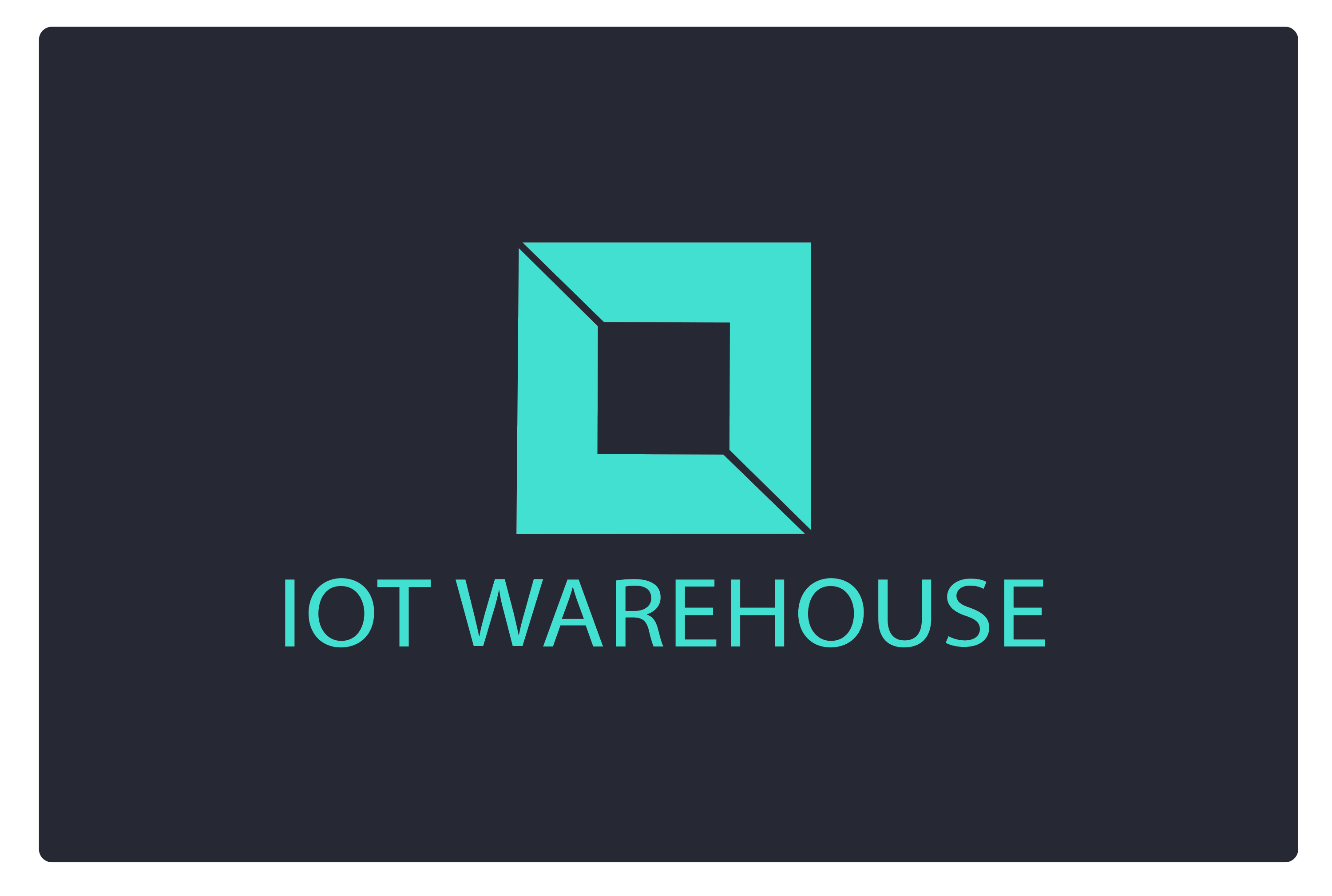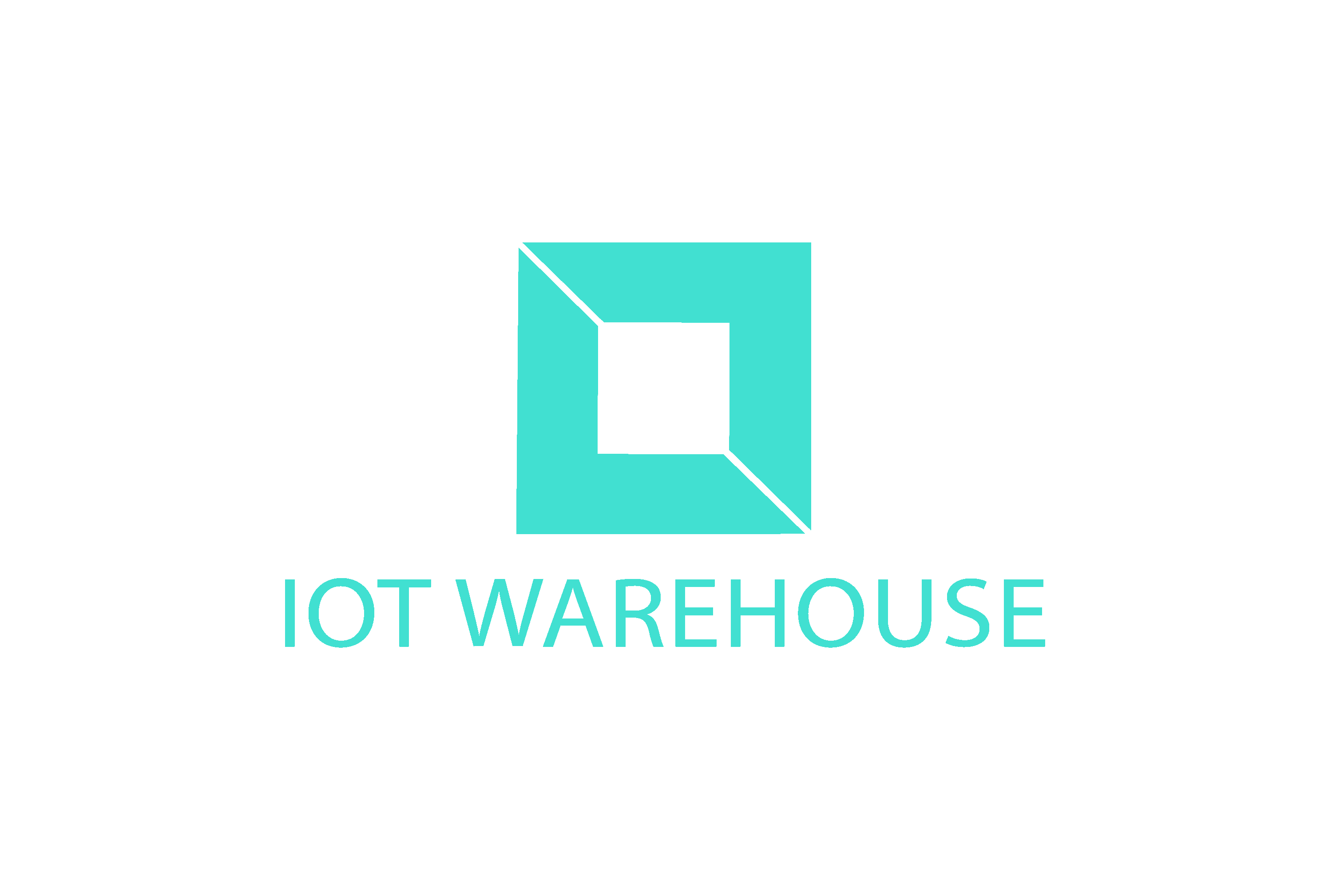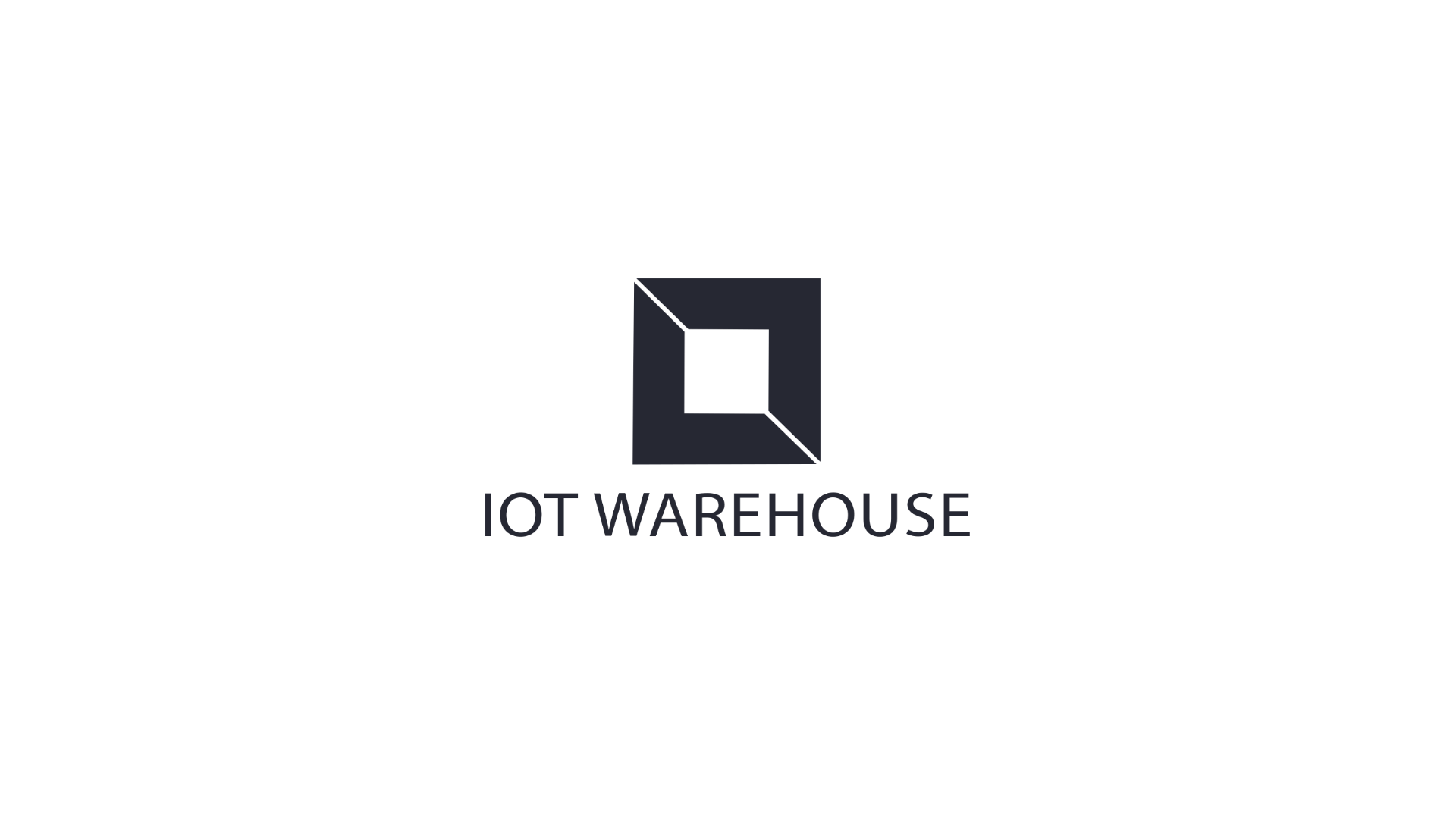The rapid expansion of the Internet of Things (IoT) has led to an exponential growth in the volume of data generated by connected devices. To harness the true potential of this data, IoT analytics has emerged as a critical tool for businesses, enabling them to gain actionable insights, optimize operations, and drive sustainable practices. Among its many applications, IoT analytics plays a significant role in supporting accurate Environmental, Social, and Governance (ESG) audits and reporting, making it essential for organizations looking to enhance their ESG performance and meet regulatory requirements.
In this article, we will explore the reasons why IoT analytics is vital and how it contributes to accurate ESG audits, reporting, and other key areas.
1. Accurate ESG Audits and Reporting
Environmental, Social, and Governance (ESG) criteria are becoming increasingly important for businesses worldwide as stakeholders, including investors, customers, and regulators, demand more transparency and accountability. IoT analytics can play a crucial role in improving the accuracy of ESG audits and reporting by providing real-time, granular data on various sustainability metrics.
For example, IoT sensors installed in manufacturing plants can continuously monitor energy consumption, water usage, waste generation, and emissions. This data is then analysed to produce accurate reports on an organization’s environmental footprint. Similarly, IoT devices can track employee health and safety metrics or monitor supply chain practices, aiding in the social and governance aspects of ESG audits.
By utilizing IoT analytics, businesses can ensure that their ESG reports are based on real-time data rather than periodic or estimated figures, resulting in greater transparency, improved compliance, and enhanced trust with stakeholders.

2. Enhanced Operational Efficiency
IoT analytics provides businesses with valuable insights that help optimize operational efficiency. By analysing data from connected devices and sensors, organizations can identify inefficiencies, detect anomalies, and predict equipment failures before they occur. This predictive maintenance approach reduces downtime, lowers maintenance costs, and extends the lifespan of critical assets.
For instance, in the manufacturing industry, IoT analytics can monitor machinery health and usage patterns, allowing for timely interventions and minimizing disruptions. In the logistics sector, IoT data can optimize route planning and fleet management, leading to fuel savings and reduced emissions, aligning with ESG goals.
3. Improved Energy Management and Sustainability
Effective energy management is a critical component of any organization’s sustainability strategy. IoT analytics enables businesses to monitor and analyse energy consumption patterns in real time. Smart meters and IoT-enabled sensors can track energy usage at granular levels, from individual devices to entire facilities, providing a comprehensive view of consumption.
With this data, companies can identify energy waste, optimize energy usage, and implement energy-saving measures. IoT analytics can also integrate with renewable energy sources, such as solar panels or wind turbines, to balance energy supply and demand, further enhancing sustainability efforts.
By leveraging IoT analytics for energy management, businesses can reduce their carbon footprint, lower utility costs, and improve their overall environmental performance.

4. Effective Waste Management and Resource Optimization
IoT analytics also plays a key role in effective waste management and resource optimization. For example, IoT sensors can monitor waste levels in bins and containers, enabling smart waste collection schedules that reduce unnecessary pickups and optimize routes, lowering fuel consumption and emissions.
In industries such as agriculture and manufacturing, IoT devices can monitor resource usage, such as water or raw materials, in real time. This data can then be analysed to optimize resource allocation, reduce waste, and improve overall efficiency.
Such applications are essential for organizations aiming to enhance their ESG performance by reducing waste and promoting responsible resource use.
5. Ensuring Compliance with Regulations and Standards
As regulatory requirements around ESG practices tighten, businesses must ensure compliance with various local and international standards. IoT analytics provides the ability to track and report on compliance metrics in real-time, making it easier to adhere to environmental laws, social standards, and governance frameworks.
IoT analytics can automate the collection and analysis of data required for regulatory reporting, reducing manual labour and the potential for human error. This automation also ensures that organizations are always prepared for audits and inspections, avoiding penalties and reputational damage.
6. Enhanced Decision-Making Through Data-Driven Insights
One of the primary reasons businesses invest in IoT analytics is to gain access to data-driven insights that support strategic decision-making. By analysing data collected from various IoT devices, organizations can make informed decisions on everything from supply chain management to customer service.
For example, retail companies can use IoT analytics to understand customer behaviour and preferences, leading to more personalized experiences and targeted marketing strategies. In healthcare, IoT analytics can monitor patient data in real time, enabling better diagnosis, treatment, and care.
Data-driven decision-making not only enhances operational efficiency but also aligns business strategies with sustainability goals, creating long-term value for the organization.
Conclusion
IoT analytics is an indispensable tool for organizations looking to enhance their ESG audits, reporting, and overall sustainability performance. By providing real-time, granular data on key sustainability metrics, IoT analytics helps businesses improve transparency, ensure regulatory compliance, and make informed decisions that align with their long-term goals. Moreover, IoT analytics contributes to enhanced operational efficiency, energy management, waste reduction, and resource optimization, making it a critical component of any successful IoT strategy.
Why not book a session with one of our team and find out more?






Share:
How to Achieve Success in IoT Implementation
How IoT Can Help with ESOS Compliance